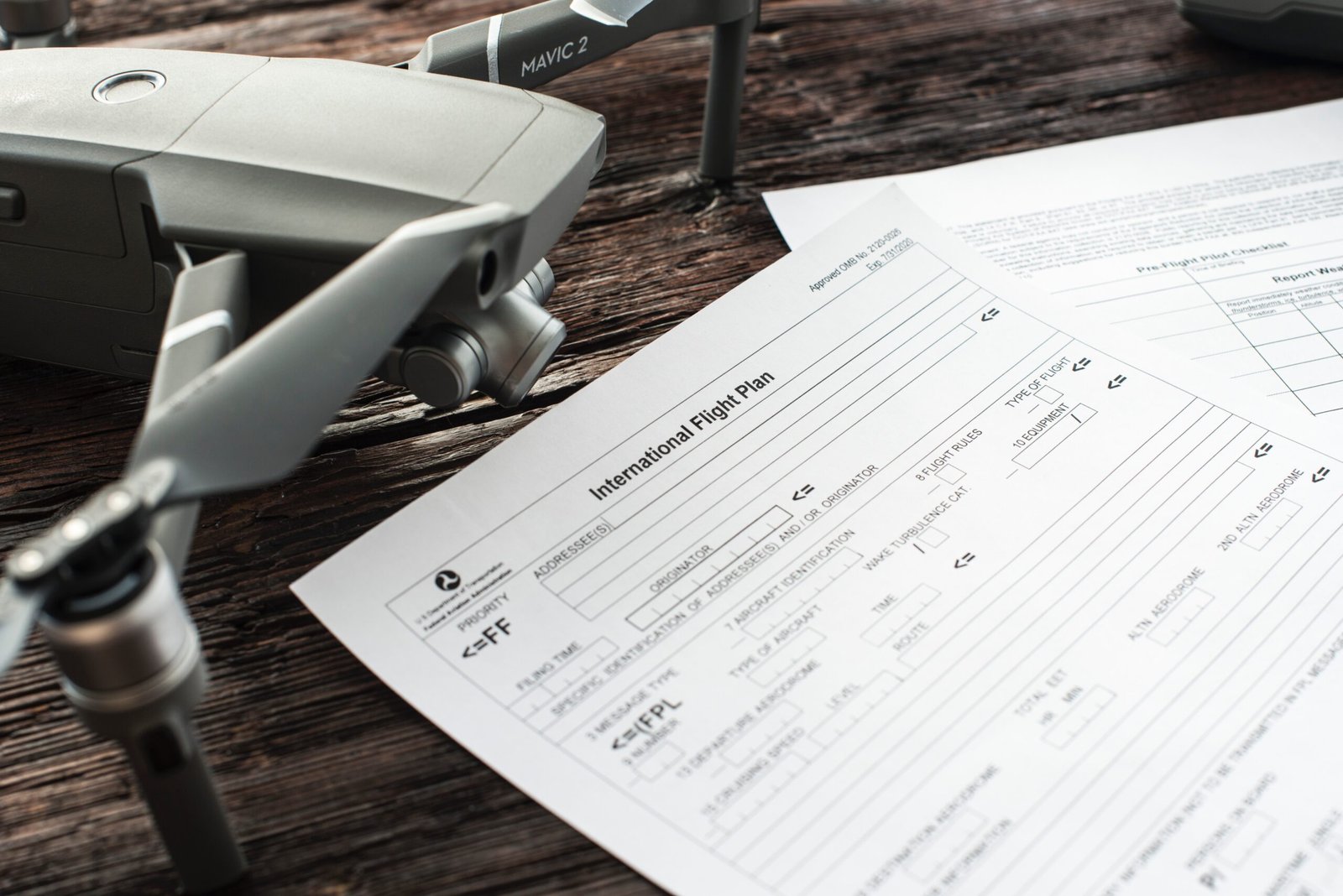Explore the definition and meaning of “logistician” in this comprehensive article. Learn about the skills, responsibilities, and impact of logisticians in today’s global economy.
The Logistician Definition, Meaning, and Role in Modern Supply Chains
Introduction
In a world where goods and services crisscross the globe at lightning speed, the unsung heroes behind the scenes are the logisticians. These professionals are the masterminds of movement, ensuring that everything from your morning coffee to life-saving medical supplies arrives where it’s needed, when it’s needed. But what exactly does a logistician do, and why are they so crucial to our interconnected world?
This article delves into the definition and meaning of “logistician,” explores their role in modern supply chains, and highlights the skills and challenges that define this dynamic career. Whether you’re curious about the profession or considering it as a career path, you’ll find everything you need to know about logisticians here.
Definition and Meaning of “Logistician”
A logistician is a professional who specializes in the planning, execution, and management of the movement and storage of goods, services, and information. They are experts in supply chain management, ensuring that products are delivered efficiently, cost-effectively, and on time. Logisticians work across various industries, from retail and manufacturing to healthcare and the military, where precision and reliability are paramount.
The term “logistician” comes from “logistics,” which itself has roots in military history. Originally, logistics referred to the art of moving troops and supplies. Today, it has evolved into a complex field that blends strategy, technology, and coordination to keep the global economy running smoothly.
The Role of a Logistician: What Do They Do?
Logisticians are the architects of supply chains, responsible for every step of the journey from production to delivery. Their day-to-day tasks might include:
- Planning and Forecasting: Analyzing data to predict demand and plan inventory levels.
- Transportation Management: Selecting the best shipping methods, routes, and carriers to optimize cost and speed.
- Inventory Control: Managing stock levels to avoid shortages or overstocking.
- Supplier Coordination: Building relationships with suppliers and ensuring timely deliveries.
- Risk Management: Identifying potential disruptions (like weather or geopolitical events) and creating contingency plans.
- Technology Integration: Using software like ERP systems or AI tools to streamline operations.
In essence, logisticians are problem-solvers who balance efficiency, cost, and customer satisfaction in a constantly changing environment.
Why Logisticians Matter: Their Impact on the Global Economy
Logisticians are the backbone of global trade, ensuring that goods flow seamlessly across borders and oceans. Their work has a ripple effect on the economy:
- Cost Efficiency: By optimizing supply chains, they reduce costs for businesses, which can lead to lower prices for consumers.
- Speed and Reliability: They enable just-in-time delivery, crucial for industries like manufacturing and healthcare.
- Sustainability: Many logisticians focus on reducing carbon footprints by optimizing routes and using eco-friendly transportation.
- Resilience: During crises like the COVID-19 pandemic, logisticians were key in maintaining supply chains for essential goods.
Without logisticians, the global economy would grind to a halt, underscoring their vital role in our daily lives.
Skills and Qualities of a Successful Logistician
What does it take to thrive in this fast-paced field? Here are some key skills and qualities:
- Analytical Thinking: Logisticians must interpret data to make informed decisions.
- Problem-Solving: They need to think on their feet to address disruptions or delays.
- Communication: Coordinating with suppliers, carriers, and clients requires clear, effective communication.
- Attention to Detail: Small errors can lead to big problems in logistics.
- Tech-Savviness: Familiarity with logistics software and emerging technologies like AI or blockchain is increasingly important.
These traits make logisticians adaptable and resourceful, ready to tackle the challenges of a globalized world.
The Evolution of Logistics: From Ancient Times to Today
Logistics has a storied history, dating back to ancient civilizations:
- Military Origins: The Roman Empire relied on logistics to supply its legions across vast territories.
- Industrial Revolution: The rise of railroads and steamships transformed logistics, enabling mass production and distribution.
- Modern Era: The advent of computers, the internet, and globalization has made logistics more complex and data-driven.
Today, logisticians leverage cutting-edge technology to manage supply chains that span the globe, a far cry from the days of horse-drawn carts and handwritten ledgers.
Challenges Facing Logisticians in 2025
Even in a high-tech world, logisticians face significant challenges:
- Supply Chain Disruptions: Geopolitical tensions, natural disasters, and pandemics can upend carefully laid plans.
- Sustainability Pressures: Reducing emissions and waste is increasingly critical.
- Labor Shortages: Finding skilled workers in transportation and warehousing is a growing concern.
- Cybersecurity: Protecting sensitive data from cyber threats is essential.
- Evolving Consumer Expectations: Customers demand faster, more transparent deliveries.
These challenges require logisticians to be agile, innovative, and forward-thinking.
A Day in the Life of a Logistician
What does a typical day look like for a logistician? It might involve:
- Morning: Analyzing inventory reports and adjusting orders based on demand forecasts.
- Midday: Meeting with suppliers to negotiate contracts or resolve delivery issues.
- Afternoon: Coordinating with carriers to ensure shipments are on schedule.
- Evening: Reviewing performance metrics and planning for the next day.
It’s a role that demands both strategic vision and hands-on problem-solving.
The Future of Logistics: Trends to Watch
What’s next for logisticians? Here are some trends shaping the future:
- Automation: Robotics and AI are streamlining warehouses and optimizing routes.
- Blockchain: This technology promises greater transparency and security in supply chains.
- Drones and Autonomous Vehicles: These could revolutionize last-mile delivery.
- Sustainability Initiatives: Green logistics, including electric vehicles and carbon-neutral shipping, are on the rise.
- Data Analytics: Advanced analytics will drive smarter, more responsive supply chains.
These innovations will redefine the role of logisticians, making them even more critical to global commerce.
Conclusion: The Essential Role of Logisticians
Logisticians are the unseen architects of our modern world, ensuring that the gears of commerce keep turning. From managing complex supply chains to adapting to new technologies, their work touches every aspect of our lives. As the global economy grows more interconnected, the demand for skilled logisticians will only increase. Whether you’re considering a career in logistics or simply curious about the profession, understanding the role of a logistician offers a glimpse into the intricate machinery that powers our world.














Leave a Comment